In my book, Ultralearning, I argued in favor of directness in learning. Given a concrete objective (speaking a language, passing an exam, becoming proficient at a particular skill), the way you practice ought to match the intended use. Transfer is hard. The more we can avoid depending on far-transfer to make our learning successful, the better we’ll do.
A reasonable-sounding extension of this idea is that learning broadly is itself a bad idea. “Useless” knowledge won’t transfer, so why bother with it?
But this isn’t true! While it is true that transfer is hard and directness helps—having a large knowledge base actually makes transfer easier. Since relying on transfer is unavoidable for some kinds of learning efforts, building your knowledge foundations across projects is incredibly valuable.
Is there a Contradiction Between Learning Directly and Building Foundations?
This may all be a little confusing, so let me articulate my position:
1. Given a particular goal, direct learning will work better than indirect learning.
Using my favorite example of language learning, suppose you’re trying to get better at giving business presentations in a new language. The direct approach would be to do mock presentations—perhaps joining a language-specific Toastmasters, or simply delivering presentations to a tutor.
There’s some clear advantages with this. First, the vocabulary and grammatical points you use will fit your usage. I remember having a business meeting in Chinese where I needed to learn the word “localization” (本地化). Luckily my Chinese interlocutor knew how to translate it for me. Watching television series at home, however, I probably would never have encountered this word—thus practicing actual business conversations homes in on higher-frequency words for this context.
Content-differences matter, but often skills differ between situations. Reading in a language and speaking it often involve the same content (words and grammar), but involve very different mental processes to be successful. So much so that there are Chinese language experts who can read Chinese fluently but cannot speak it.
The point here is that we tend to think of skills fairly broadly (knowing “Chinese”) but in actuality our skills are quite specific (knowing the translation for the word 本地化). Direct learning minimizes the chance that our efforts will be spent on areas unrelated to our actual goal.
2. Many goals in learning, however, require transfer.
As I also document in my book, the kinds of magical “intuition” for hard subjects displayed by people like Albert Einstein and Richard Feynman owe a lot to their extensive repertoire of saved patterns.
Intelligence no doubt plays a role, but knowledge base matters a great deal as well. Studies of chess experts show this, with masters having the ability to easily remember “natural” chess positions, but unable to remember “unnatural” ones that couldn’t occur during normal play. The difference between amateurs and grandmasters, then, often comes down to the latter having immense libraries of knowledge to draw upon.1
As the goal gets sufficiently broad, the need to rely on transfer increases. A specific endgame can be drilled until you know it perfectly. But chess is complicated, and very quickly competent players can reach positions that have never been seen before in the entire history of the game. Doing well, then, requires some transfer.
The broader and more varied the situations you need to perform in, the more difficult it will be to directly draw upon a past experience that matches the situation exactly. Since you need to transfer, having a more extensive knowledge base will help you think better.
3. Broader skills benefit more from theory and abstractions.
Direct practice isn’t opposed to getting a deep understanding. The problem occurs when we try to equate “direct” practice with practice that avoids learning any theory. While it’s true that this can benefit fairly narrow skills, it isn’t generally efficient.
A clear example of this would be with mastering physics problems. A naive, direct approach would be just to grind practice problems. But, perhaps the amount of practice problems is fairly limited, so we end up redoing the same kind over and over again. Maybe this even works for a final exam where the test questions match the limited subset of problems we were asked to solve in homework assignments.
Except, when you get into the real world, you realize that the range of problems needed to be solved is much greater than those you practiced. As a result you don’t have any deep structure for understanding the problems, you just have memorized solution patterns that are no longer applicable. This suggests a possible explanation of failures of transfer in physics students, for instance.
The only way to successfully learn physics, is to deeply understand physics. And that means really understanding the abstract ideas, not just memorizing how to solve specific problems. Sophisticated direct practice would recognize this, but occasionally theory gets tossed aside in favor of shortcuts.
What Kind of Foundations Should You Build?
If we accept that foundation building is important, particularly as you try to tackle broader skills, what kind of foundation do you need?
This is a hard question to answer because your knowledge base usually goes beyond a specific goal or project. In improving it, you’re not just optimizing for a specific goal, but all future learning goals you might set.
I tend to prefer learning from a large variety of different subjects. Right now, for instance, I’m following a course on immunology, reading a book about the mathematics behind poker and listening to the Iliad on Audible. These things have a slim chance of making their way directly into my writing, but they’re part of my long-term goal to understand the world better.
But I think it’s totally acceptable to have narrower interests. Certainly the world has favored specialists increasingly, so perhaps my desire to read broadly has hurt me. I probably won’t make an intellectual advance in any particular field, simply because my understandings are mostly at the undergraduate, rather than PhD level.
Therefore, the question of how wide a base to build really depends on the kind of knowledge structure you want to build on top. Is it a sprawling complex, requiring a wide base? Or a skyscraper that mostly needs depth?
How to Build Your Foundation
While I can’t answer the question of what kind of foundation you ought to build, I think there’s some useful tips for getting better at building one:
1. Read more textbooks, less popular books.
You should read more textbooks. Compared with popular books, they’re more rigorous and more likely to represent a body of knowledge in a balanced way.
Textbooks also focus you on foundations rather than novelty. A textbook is written to distill the important ideas from a field. This is quite different from most books, which are attempting to advance a novel perspective. The latter are only worth reading if you have the foundation to adequately evaluate them.
2. Take more online classes in fundamental topics.
I don’t think university subjects are a perfect map for human knowledge. But, that being said, you could do a lot worse for building a foundation than simply auditing every intro class for each university department. Biology, economics, chemistry, physics, anthropology, psychology, sociology, philosophy, business—it makes sense to have a basic grasp of each.
Online classes, like reading textbooks, are often a lot better than just picking up random popular books. This is especially true for deeper subjects like math or physics, where popularizations avoid the calculating work that is necessary to really understand them.
3. When you can’t build higher, dig deeper.
Sometimes the need for better foundations comes from within a project itself. You may be hitting a ceiling with your improvement in a particular area. One for which the only way to get better is to do more foundational work.
In the public projects I’ve undertaken, I’ve often avoided this requirement. Either I already had the foundation needed to succeed at my goal, or the goal itself was low enough that doing more foundational work wasn’t required. But that shouldn’t give the impression that foundational work is unnecessary—I could never have done the MIT Challenge, for instance, if I wasn’t already comfortable with high-school math.
You don’t ever arrive at a book as a blank slate. You’re always approaching it from behind the hundreds of other books you’ve read that inform your thinking. Building that library up is an essential part of the long-term project of learning well.
Where do you feel your foundation is weaker? Do you prefer reading narrow topics or learning broadly? What will you do to strengthen your knowledge base? Share your thoughts in the comments.


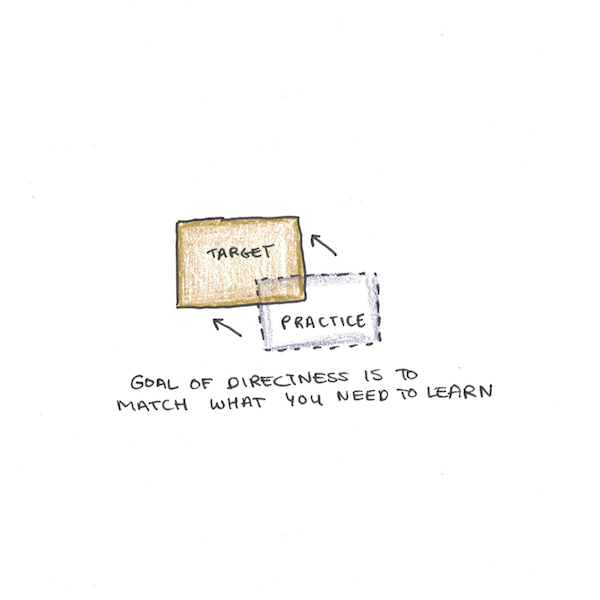
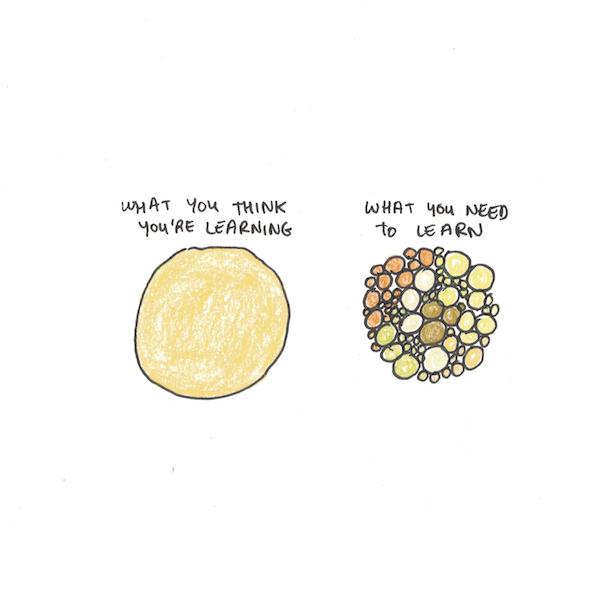
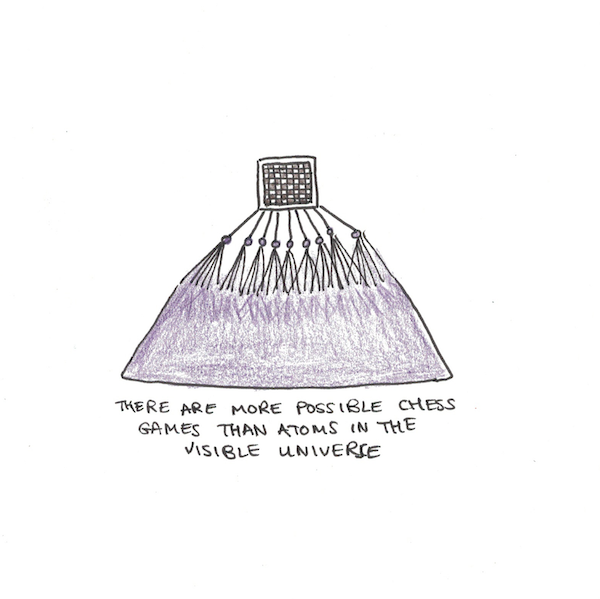
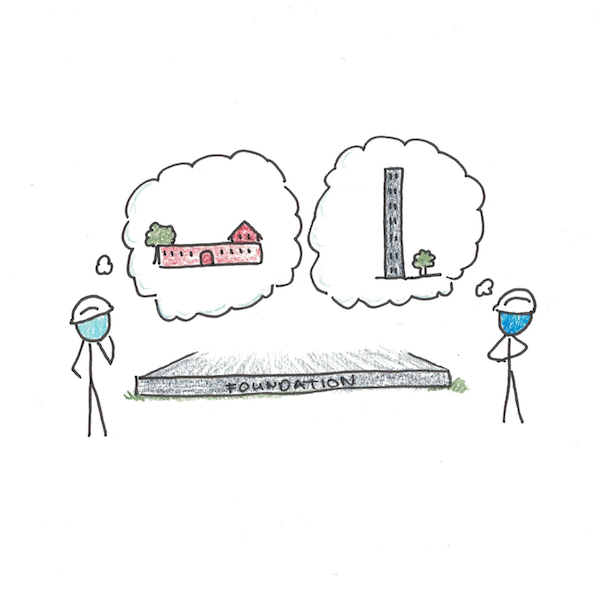
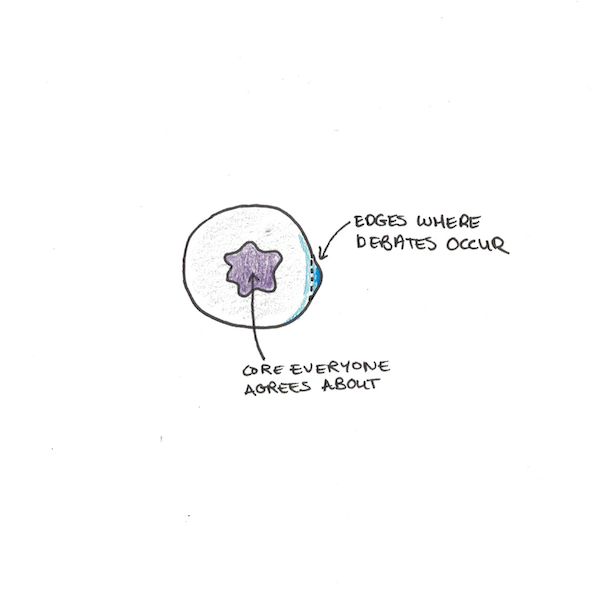
 I'm a Wall Street Journal bestselling author, podcast host, computer programmer and an avid reader. Since 2006, I've published weekly essays on this website to help people like you learn and think better. My work has been featured in The New York Times, BBC, TEDx, Pocket, Business Insider and more. I don't promise I have all the answers, just a place to start.
I'm a Wall Street Journal bestselling author, podcast host, computer programmer and an avid reader. Since 2006, I've published weekly essays on this website to help people like you learn and think better. My work has been featured in The New York Times, BBC, TEDx, Pocket, Business Insider and more. I don't promise I have all the answers, just a place to start.